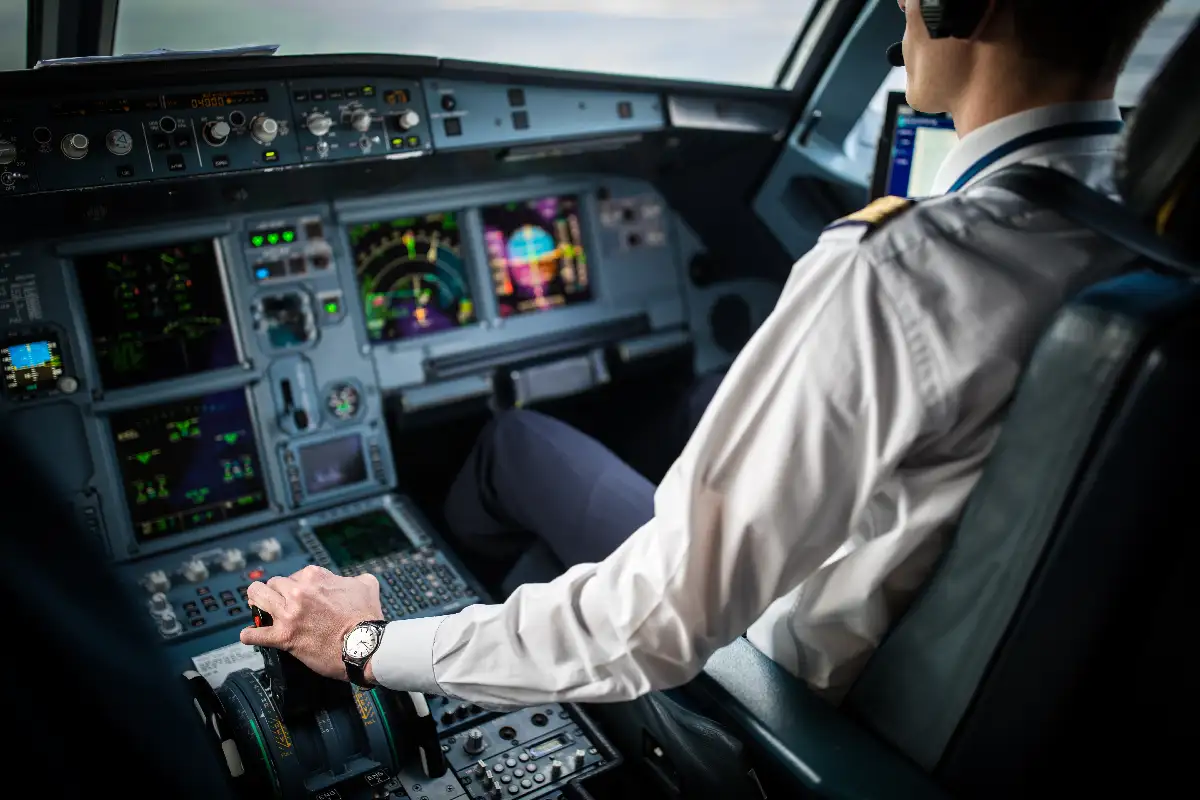As Artificial Intelligence (AI) continues its ascent, and with projections by Grand View Research predicting it will hit $1,811.8 billion by 2030, the aviation world faces a pressing challenge: a predicted need for 649,000 pilots and 938,000 cabin crew members over the next 20 years, (per Boeing). Is AI the solution to this looming talent crunch?
“AI holds potential in bridging the talent gap in aviation, but an outright replacement of human flight crews isn’t on the horizon,” states Jainita Hogervorst, head of Aerviva Aviation Consultancy. She adds, “While the thought of AI-driven planes isn’t unimaginable, the complexity of aviation and safety concerns keeps the community guarded about such transitions.”

AI’s Hand in the Cockpit
The Federal Aviation Administration (FAA) attributes 60-80% of aviation mishaps to human errors. Could minimising human roles curb these? Hogervorst suggests that automation could simplify repetitive tasks for pilots, allowing them to concentrate on essential decisions. But she also warns that this could transform pilots into mere overseers, a role that can be challenging over extended durations. She emphasises, “While AI has its merits, human pilots bring an innate understanding of their environment, crucial during unexpected events.”
Increased dependence on AI could also erode pilots’ manual skills, leading to an over-reliance on technology, potentially causing delays in human intervention during unforeseen issues.
AI and the Role of Cabin Crew: Augmentation Over Replacement
While cabin crews may benefit from AI handling routine tasks like answering FAQs or baggage tracking, Hogervorst believes they won’t be wholly replaced. “AI’s primary role will be to bolster cabin crew efficiency, enabling them to prioritise safety and personalised service,” she opines.
The EASA’s Vision for AI
The European Union Aviation Safety Agency (EASA) introduced an AI Roadmap in 2020 to guide AI incorporation in aviation. Hogervorst describes its approach, “Initially, AI aids the crew in tasks. Then, we see increased human-machine collaboration with humans in charge. While the eventual goal is full machine autonomy, human oversight remains paramount.”
In wrapping up, while AI offers solutions to some challenges in aviation, Hogervorst believes it’s unlikely that flight crews will be entirely replaced by AI in the near future.


